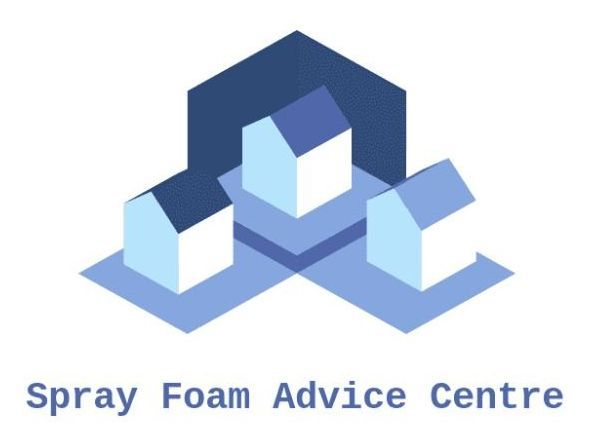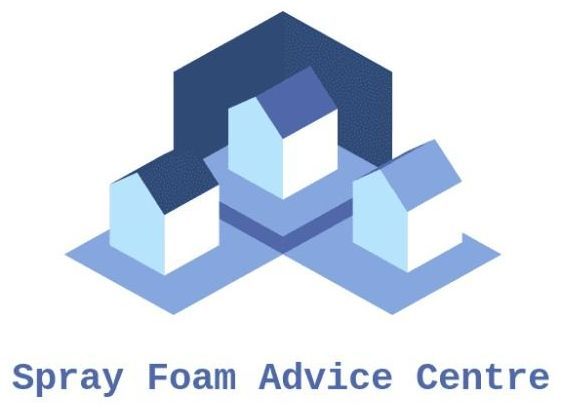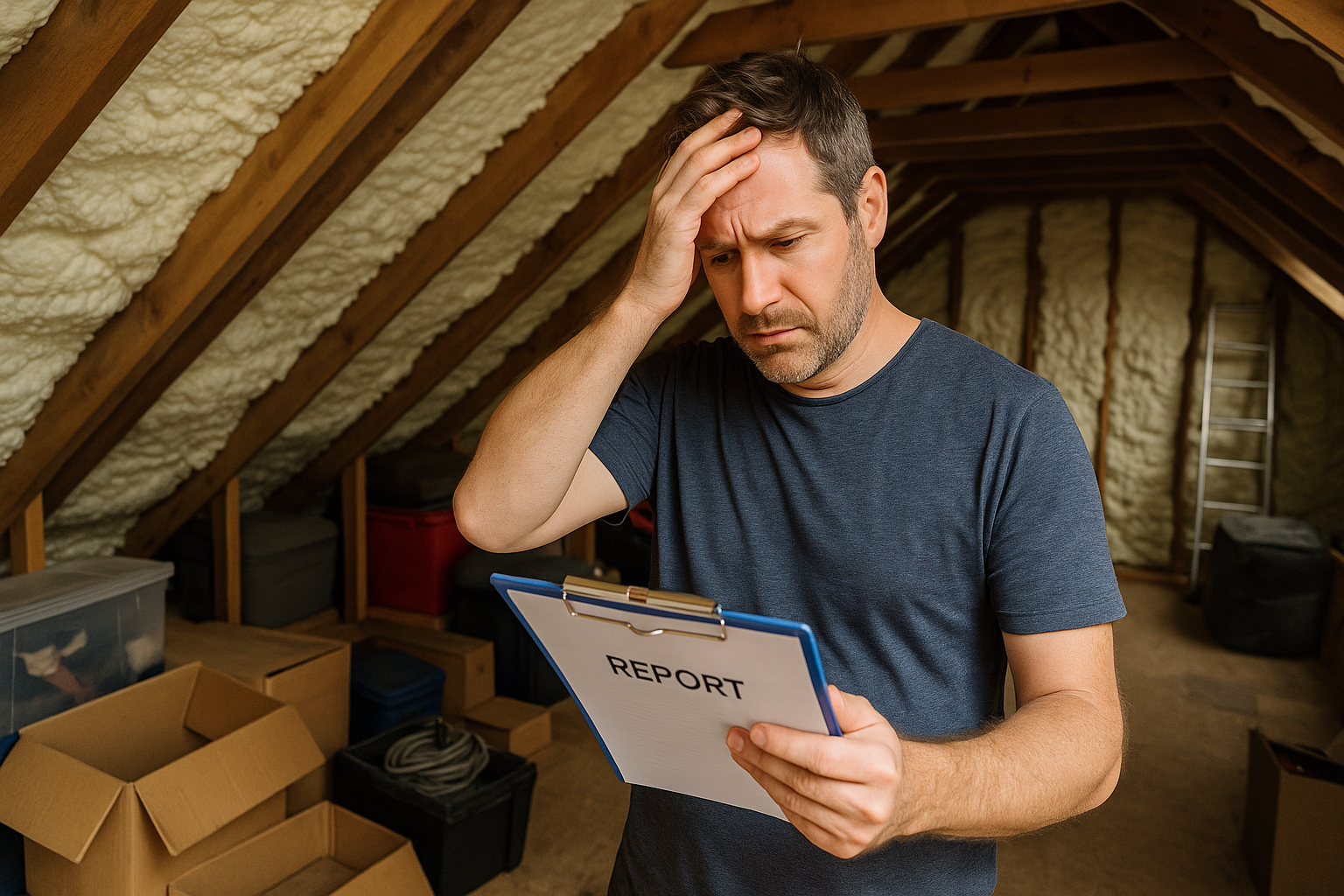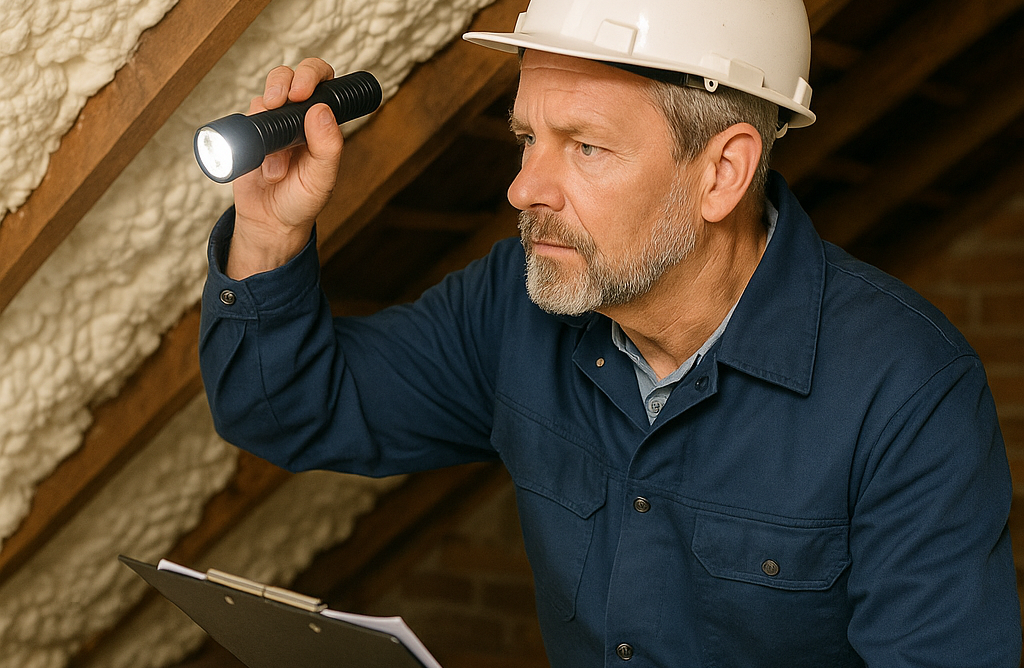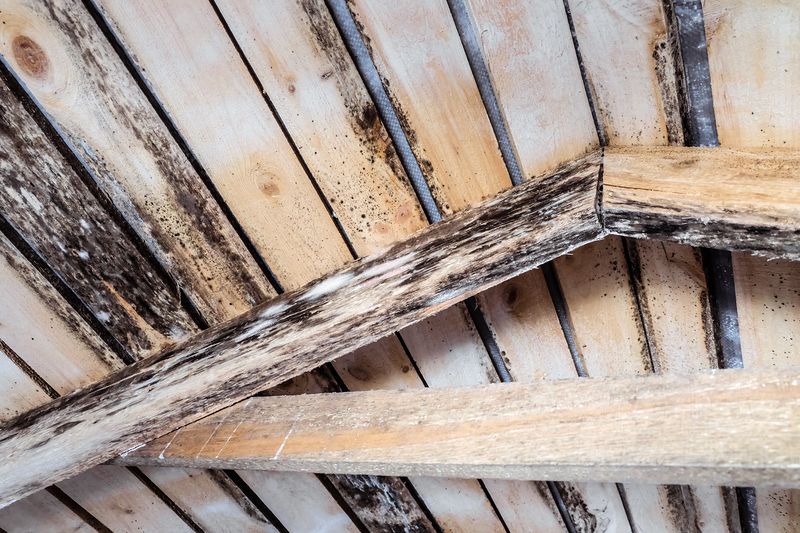When you think of home improvements, you probably imagine fresh paint, new carpets, maybe even a smart thermostat. But insulation? That’s the behind-the-scenes hero that keeps us warm and keeps the bills down. Or is it?

A 2023 study out of University College London (UCL) has thrown a serious spanner in the works—especially if you’ve had spray foam insulation installed in your loft or roof space. The research, led by doctoral student Dzhordzhio Naldzhiev, took a deep dive into how this trendy insulation method affects indoor air quality.
Spoiler alert: it's not great news.
What’s Lurking in Your Loft?
Spray foam insulation, especially the kind applied by machines or robotic systems, has been found to emit volatile organic compounds—or VOCs for short.
Sounds technical, but here’s the lowdown: VOCs are gases that certain solids or liquids release into the air. Some of them are harmless. Others? Not so much.
One of the VOCs flagged in the study is 1,2-dichloropropane (1,2-DCP)—which, since 2014, has been officially recognised as a Class 1 carcinogen. In plain English: it's been proven to cause cancer in humans. That’s not exactly what you want floating around your bedroom while you sleep.
Why Haven’t We Heard More About This?
Well, spray foam has long been marketed as the miracle solution to heat loss. And to be fair, it does keep heat in. But this study shows that it might also be trapping in chemicals you definitely don’t want to inhale—especially in older properties with poor ventilation or those sealed up tight to improve energy efficiency.
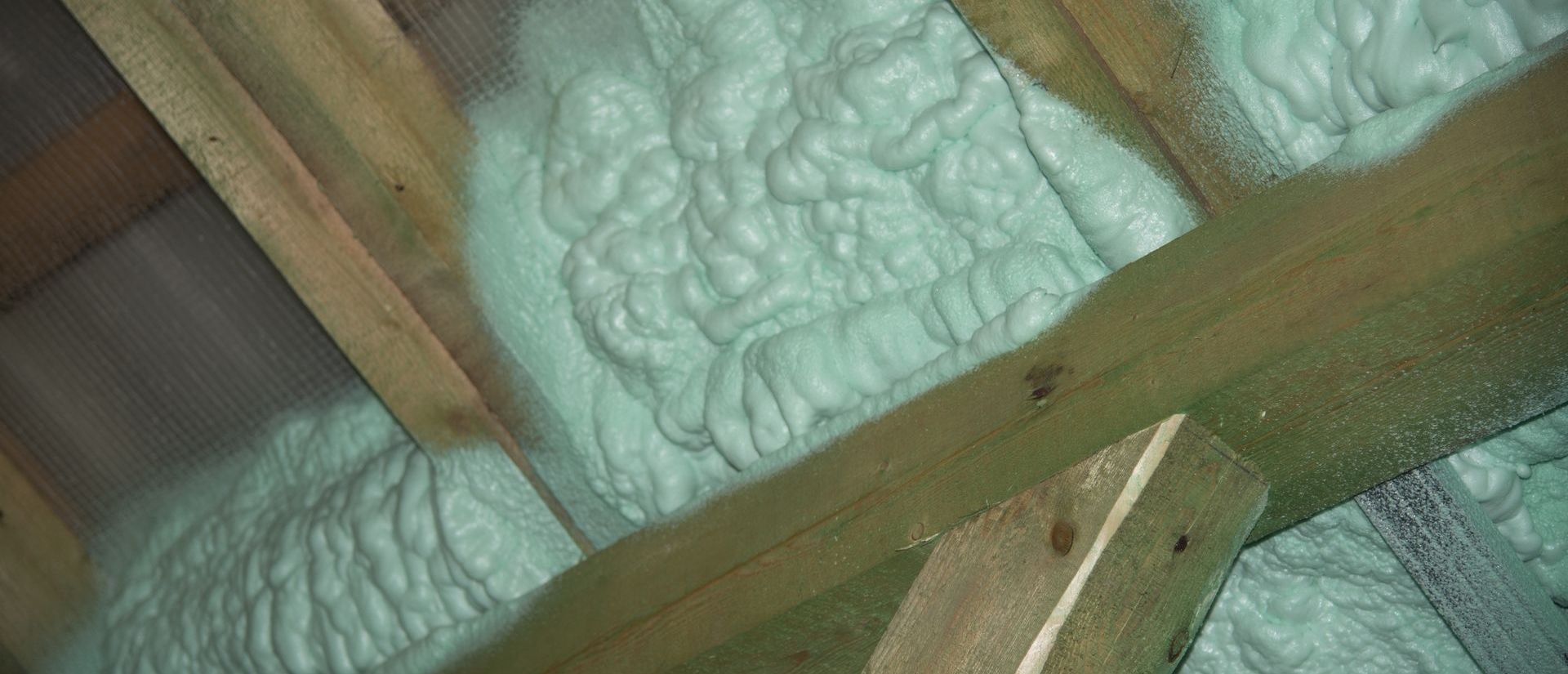
So What Can You Do?
The UCL research doesn’t say “rip it all out immediately,” but it does make one thing crystal clear: ventilation is everything.
If spray foam has already been installed in your home, make sure there’s a solid ventilation system in place—especially in your loft and attic areas. And if you’re thinking of having it installed, don’t just listen to the sales pitch. Ask questions. What safety checks are in place? How do they manage VOCs? What aftercare advice is given?
Because once the foam is in, it’s not always easy to get out.
Want to Know if Spray Foam Is Safe in Your Home?
At SFACUK.org, we help homeowners get clear, unbiased advice about insulation issues. If you're worried about your home's air quality, or just want to make sure you haven’t been sold a lemon, we’re here to help.
Contact us today:
www.sfacuk.org
Call:
0345 850 0445
